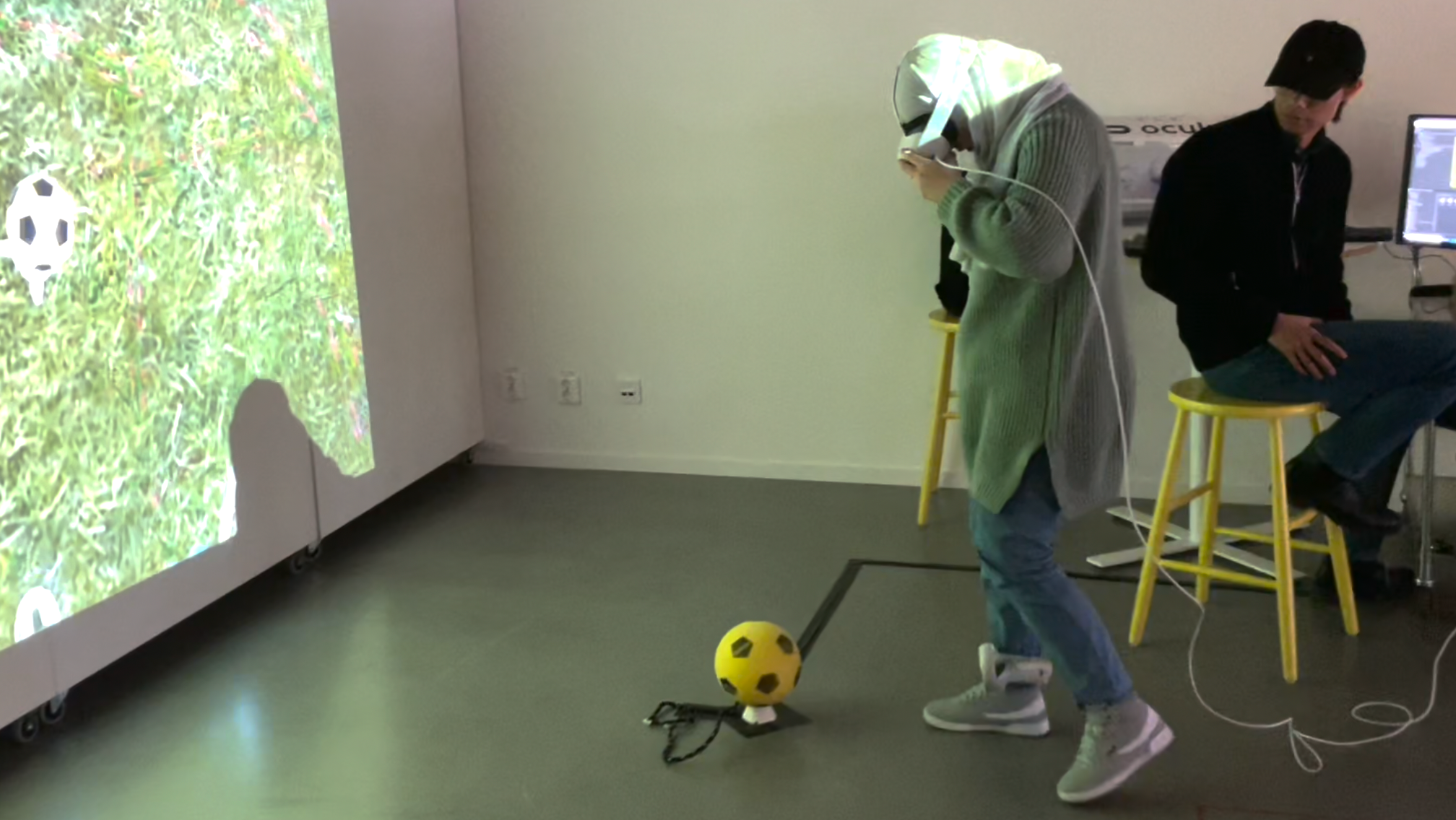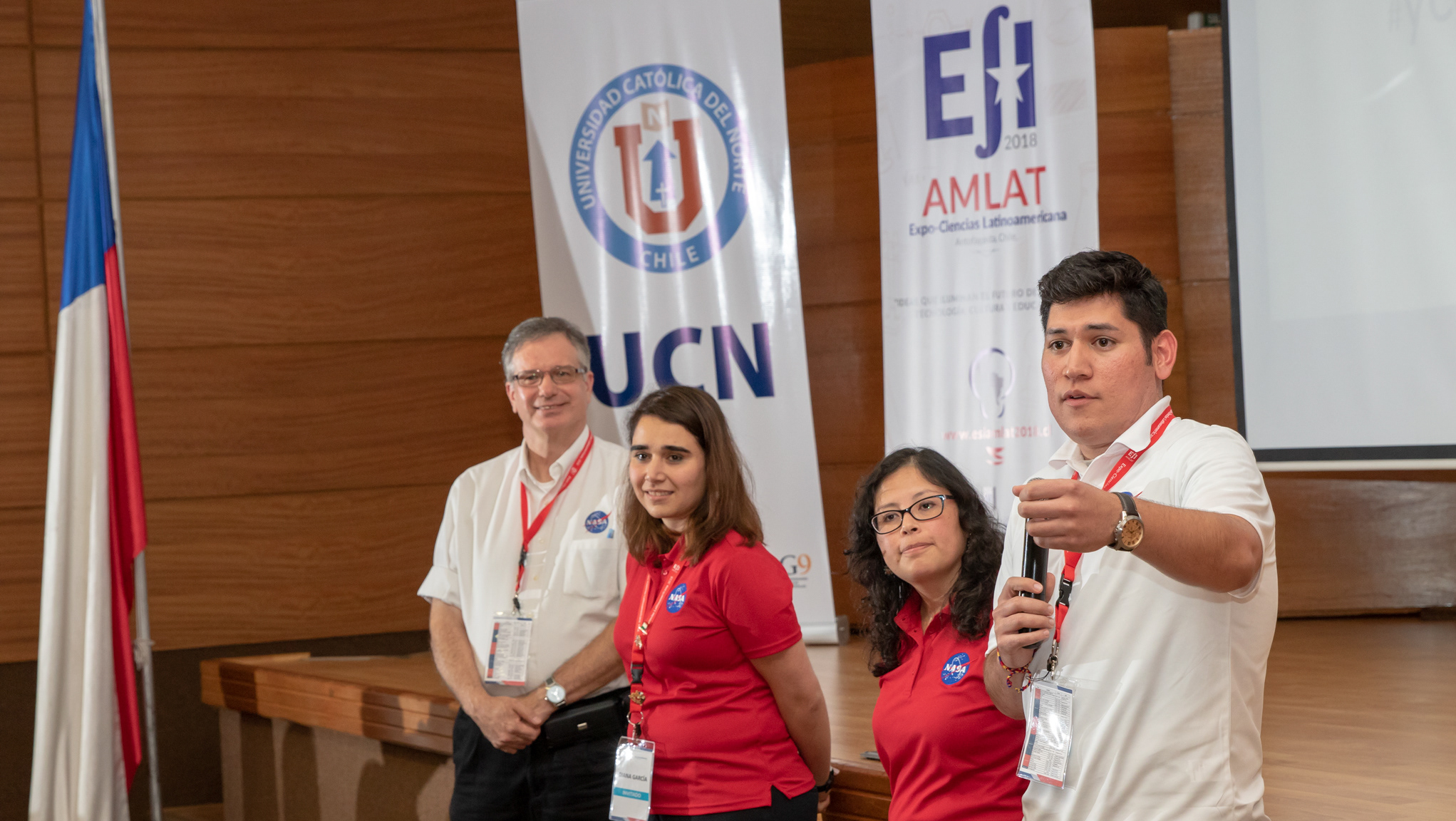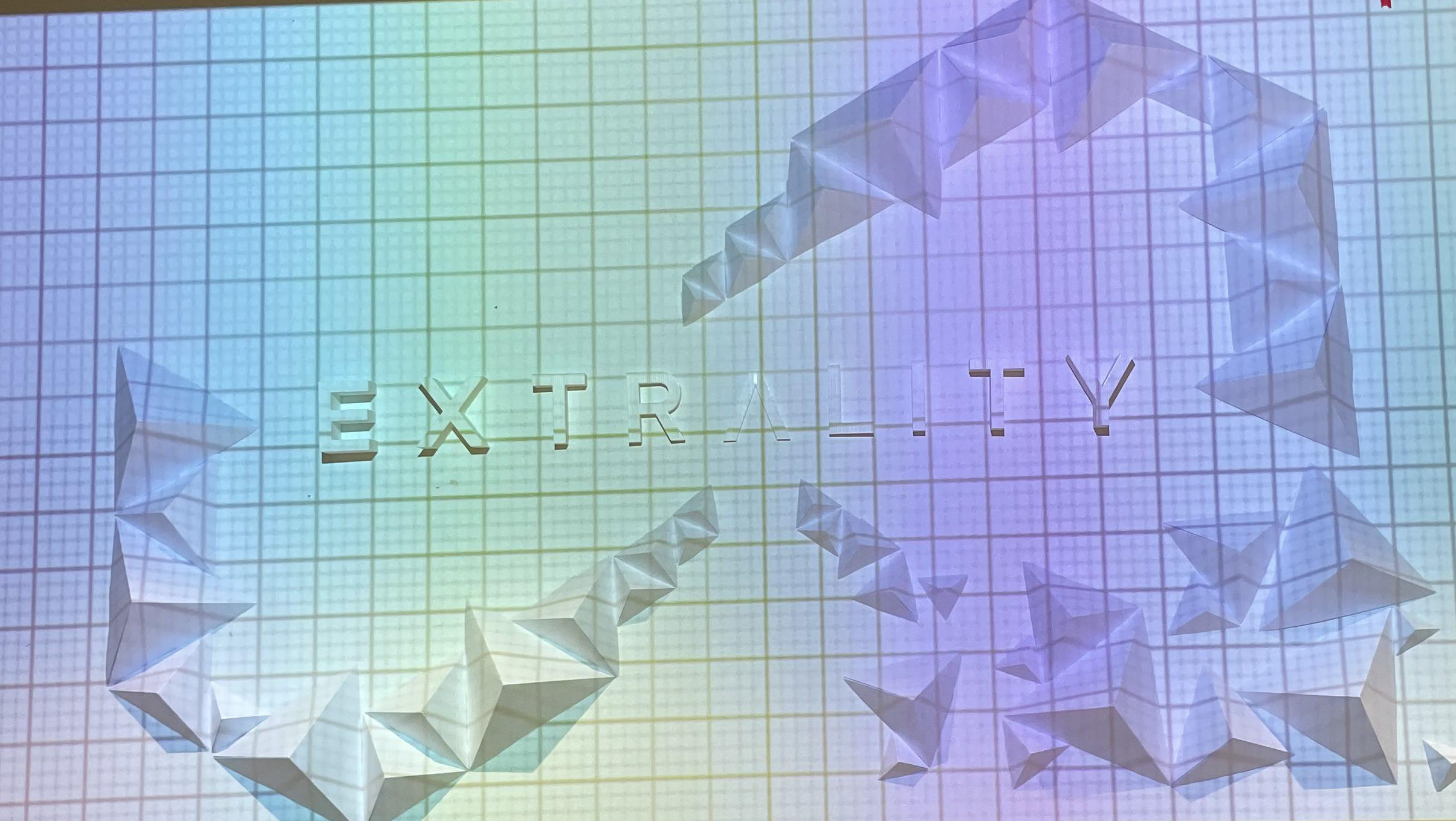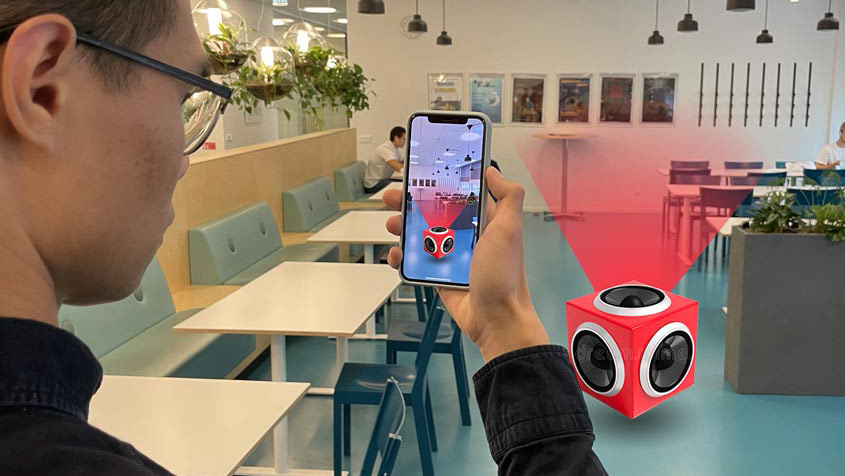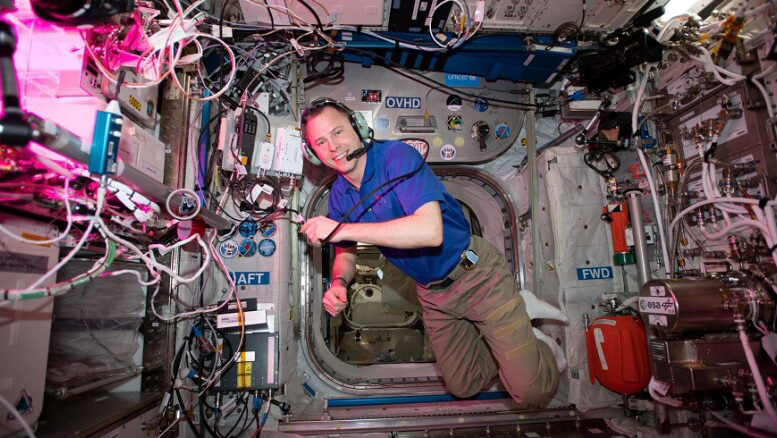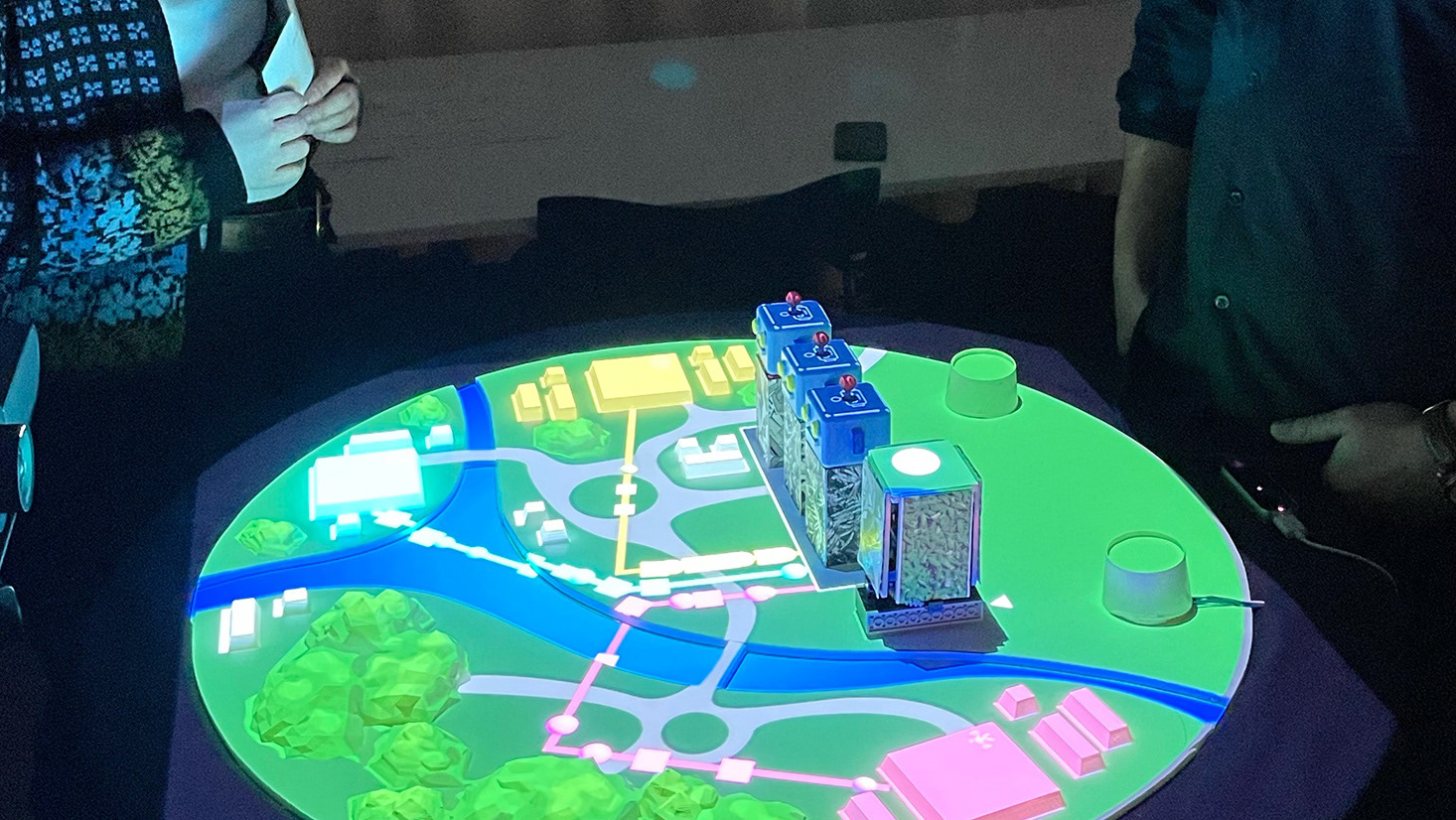Exploring the Use of VR to Support After-Action Review in Flight Simulator Training
Master's Thesis Project, Stockholm University - 2024
----------------------------------------
OVERVIEW:
This project explores the transformative potential of integrating virtual reality (VR) technologies into the After-Action Review (AAR) process for fighter pilot training. Conducted at the Swedish Air Force Combat Simulation Center, this research provides a comprehensive analysis of how VR can optimize pilot training methodologies and performance outcomes.
Challenge: Identifying specific areas within the AAR framework that could benefit from VR. Solution: Through iterative co-design sessions with pilots, pinpointed key aspects of training where VR could provide enhanced value.
Role and Responsibilities:
- Conducted in-depth thematic analysis and code development from interviews with fighter pilots.
- Led iterative co-design sessions with pilots to identify potential areas for VR integration.
- Develop and evaluate a VR conceptual prototype.
- Explored the affordances of VR in simulating previously inaccessible scenarios and delivering immersive, personalized learning experiences.
Tools and Technologies:
- Virtual Reality (VR) Technologies
- Thematic Analysis Software
- Co-Design Methodologies
Results and Impact:
- Demonstrated the ability of VR to simulate detailed flight maneuvers and scenarios.
- Potential to enhance the reflection and formative feedback process during training sessions.
- Provided actionable recommendations for further research and practical applications in pilot training methodologies.
SHORT DEMO (BETA) VIDEO:
SKILLS:
- VR Technologies: Integrating VR into training methodologies and utilizing VR for immersive learning experiences.
- Prototyping and Development: Developing prototypes using Unity game engine and implementing VR simulations and interactive scenarios.
- Research and Analysis: Conducting thematic analysis and coding and interpreting qualitative data.
- Technical Communication: Writing comprehensive reports and presenting research findings effectively.
- Co-Design Methodologies: Leading iterative co-design sessions and applying user-centered design principles.
PHOTO GALLERY:
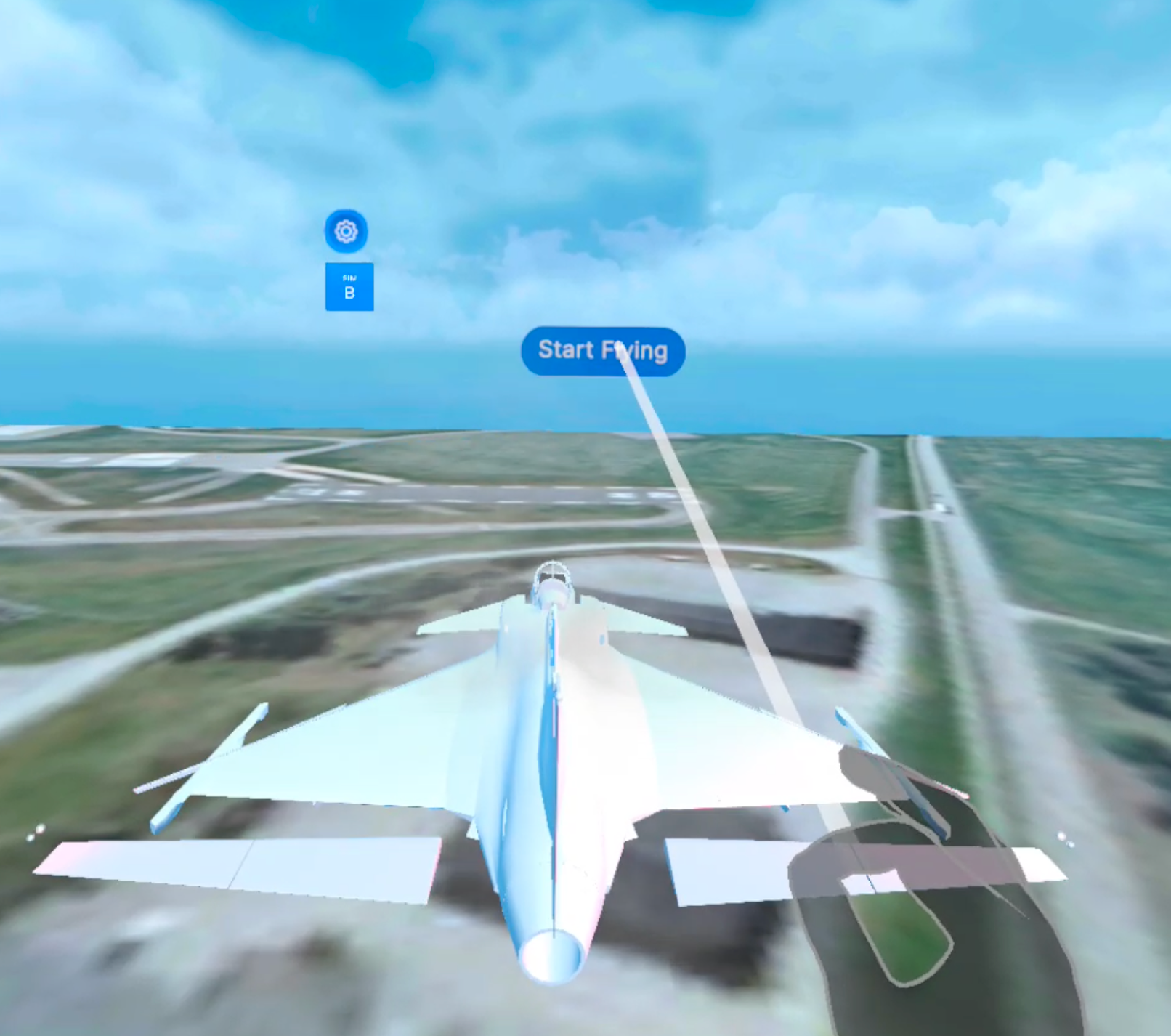
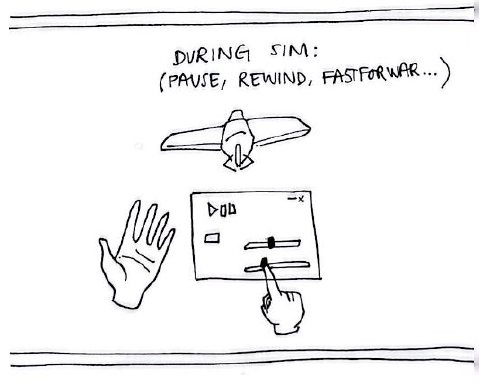
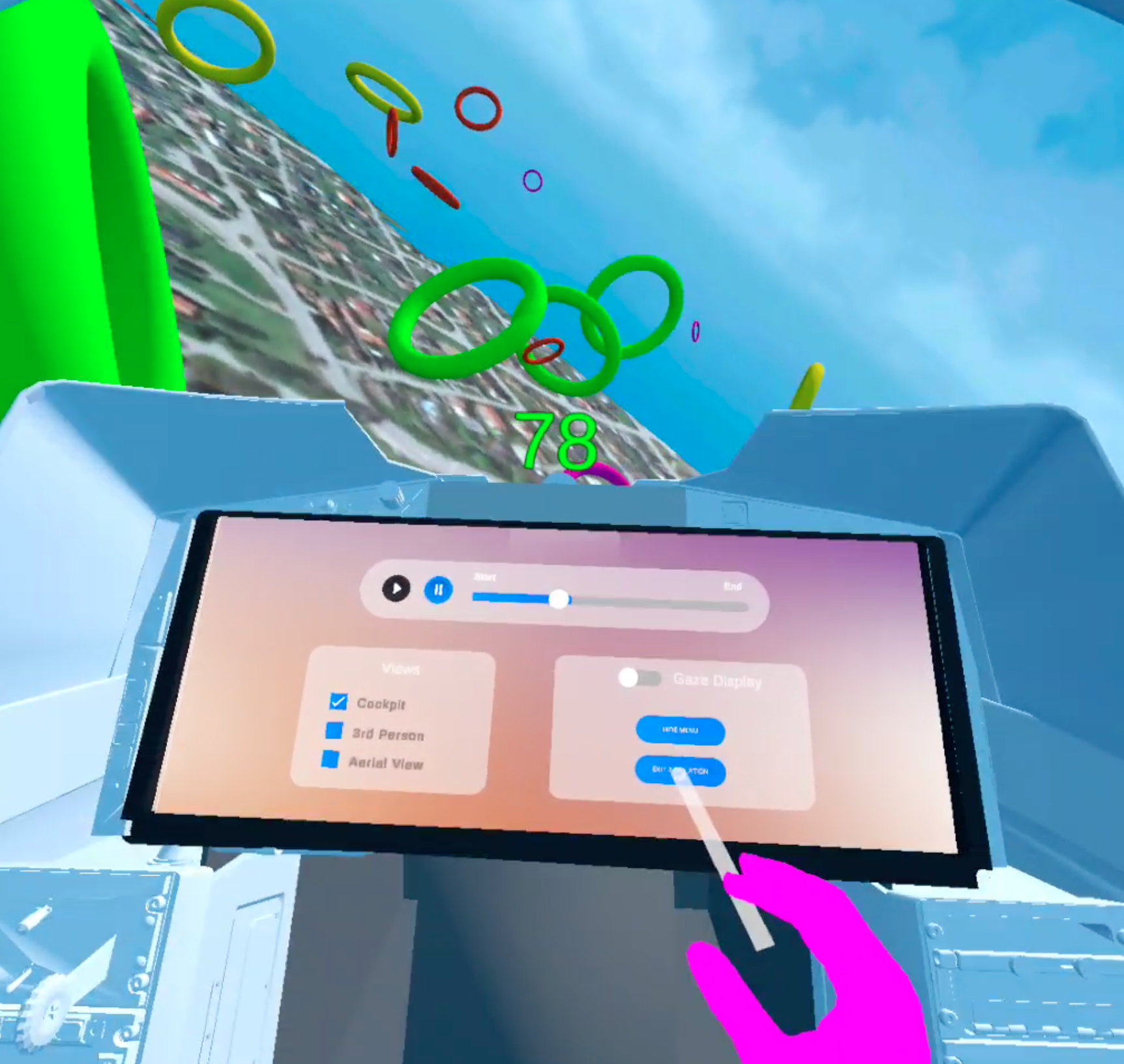

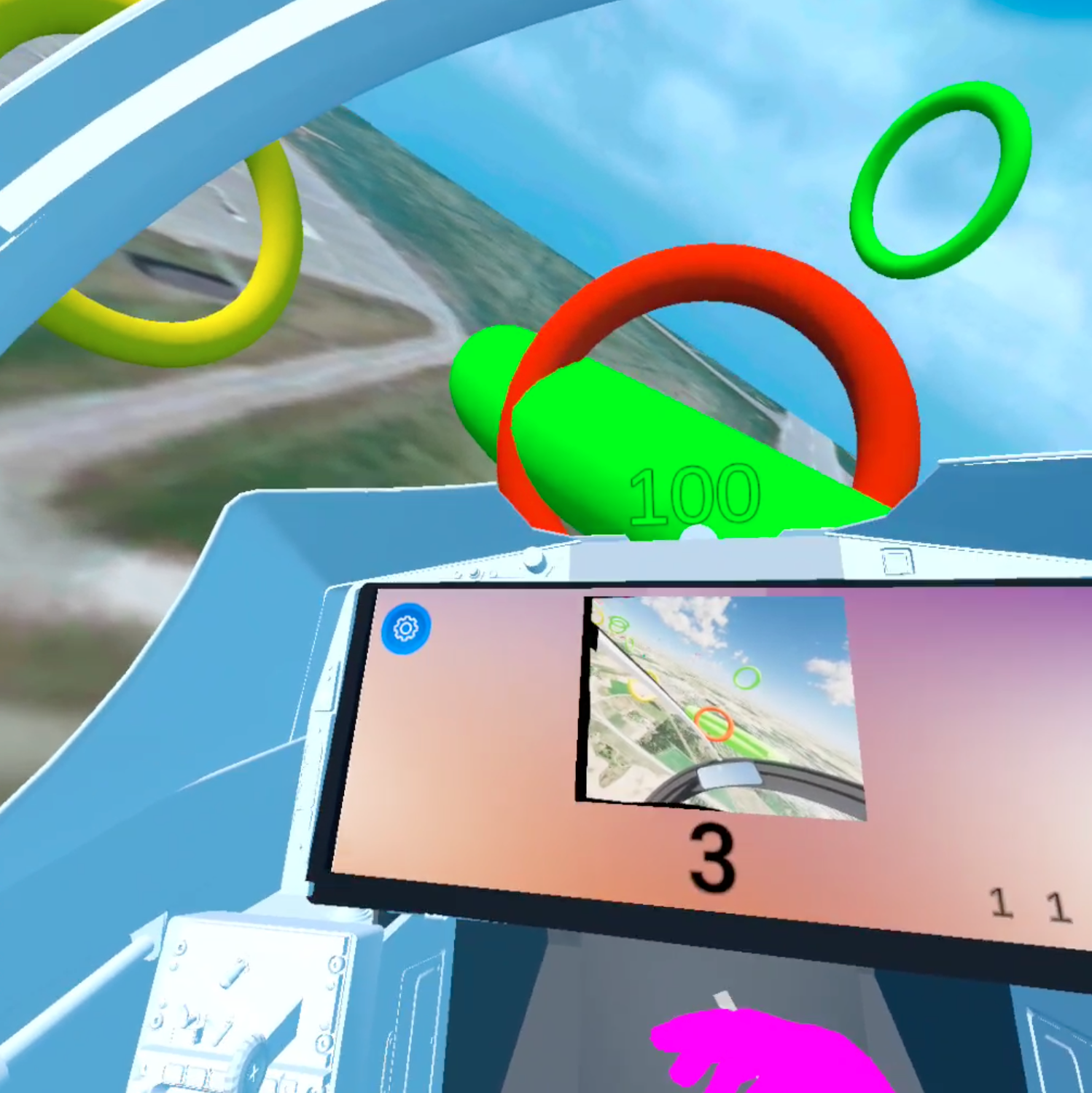
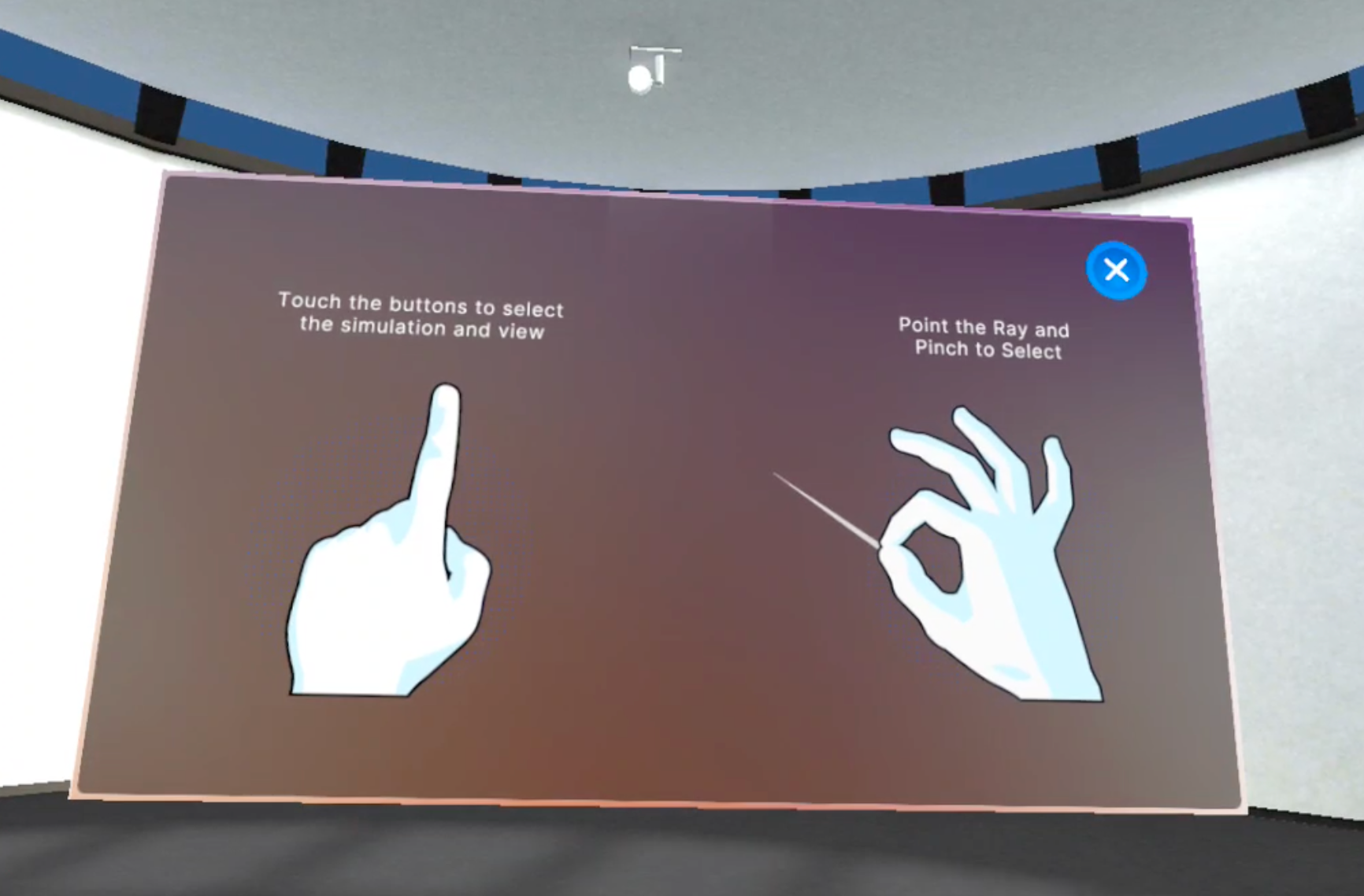
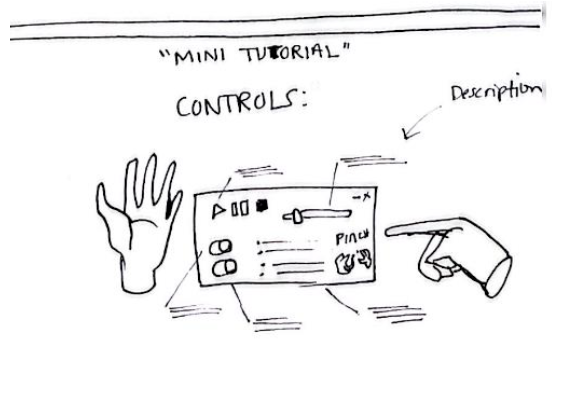
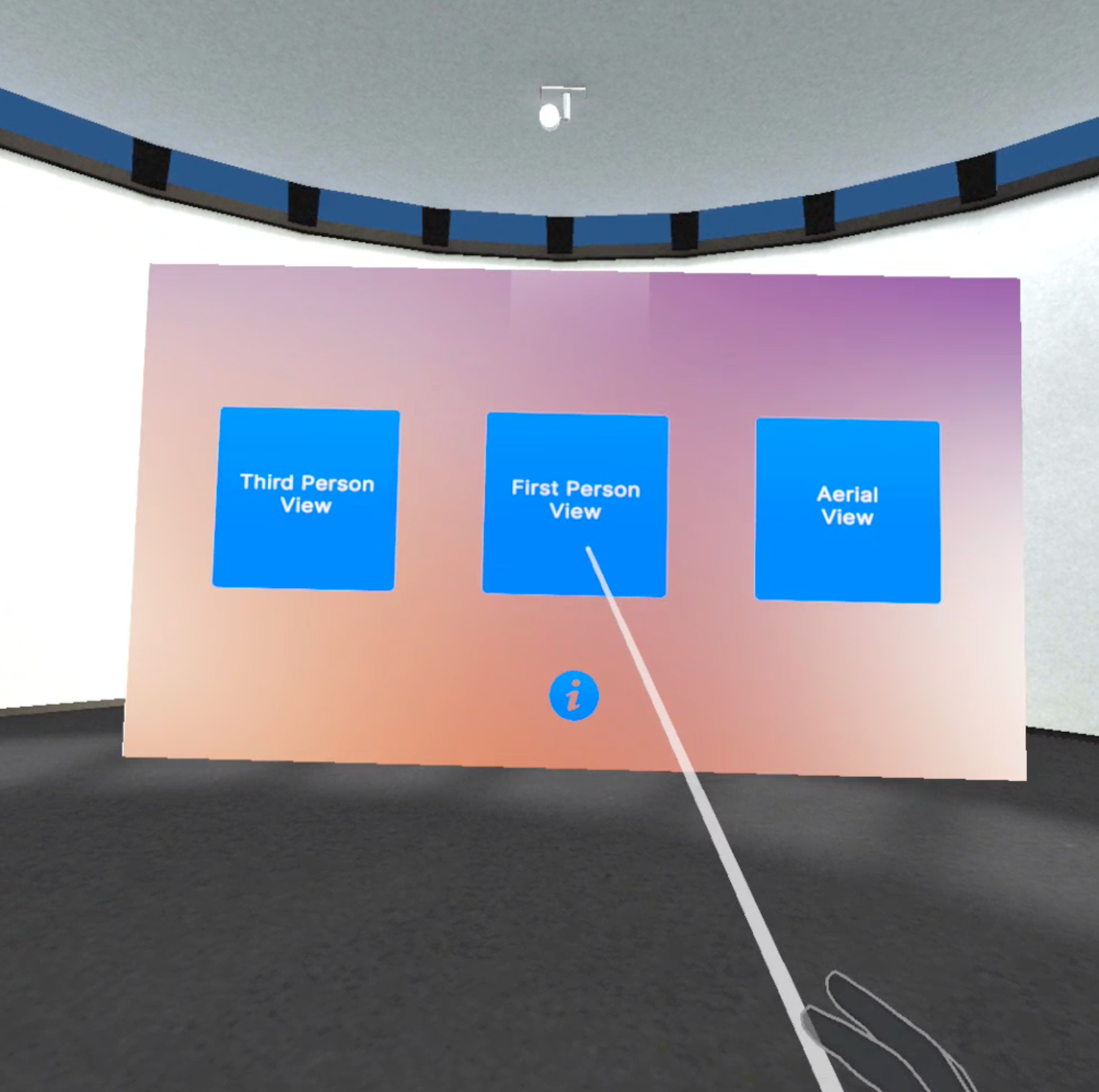

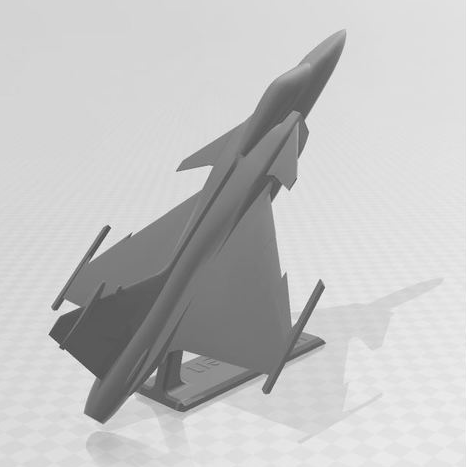
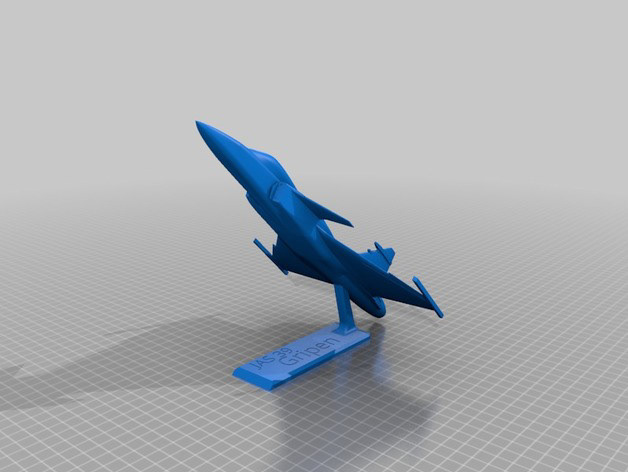

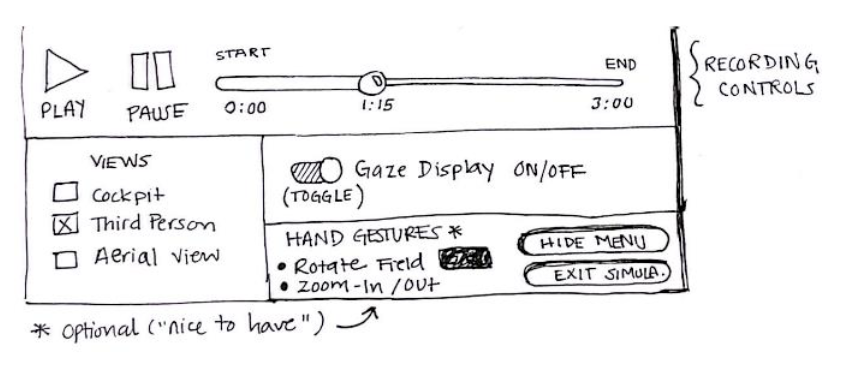




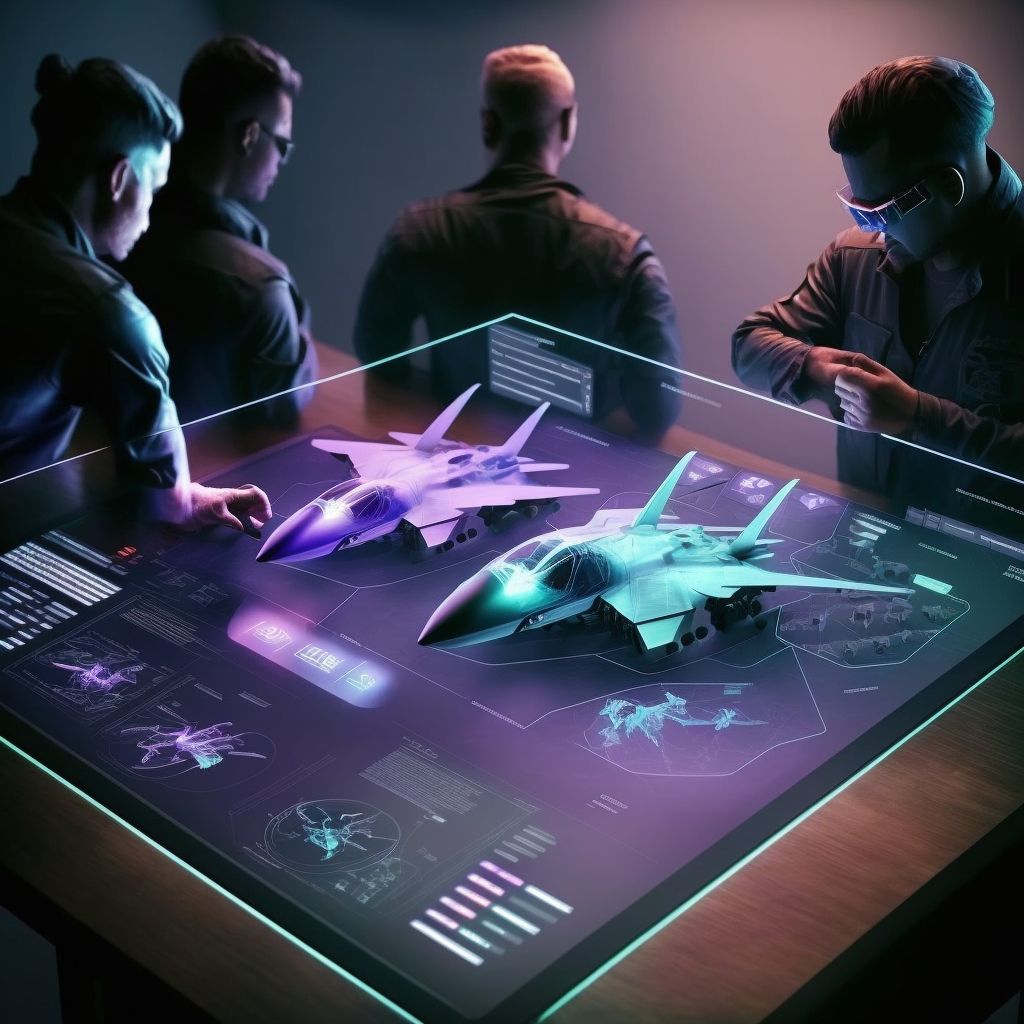
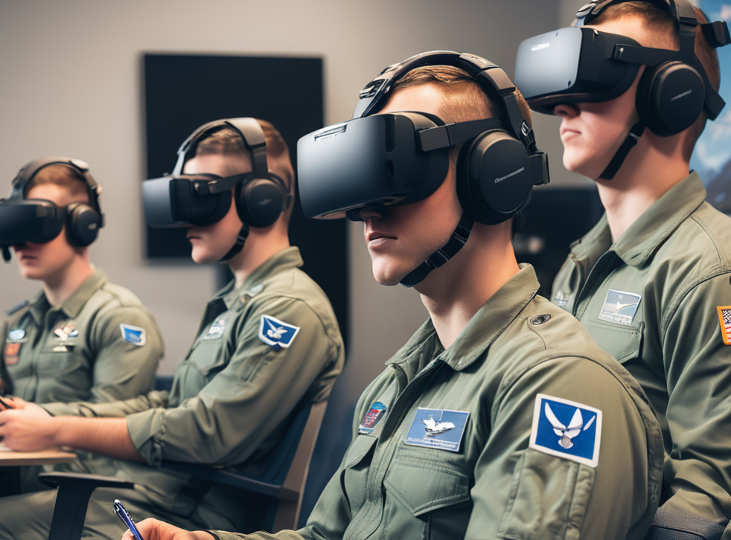
Author: Erik Lopez
Supervisor: Robert Ramberg
Co-Supervisor: Preben Hansen
Acknowledgments: Stockholm University, DSV and the Swedish Defence Research Agency
Interested in learning more about the potential of VR in pilot training? Contact me to explore this groundbreaking research further.
